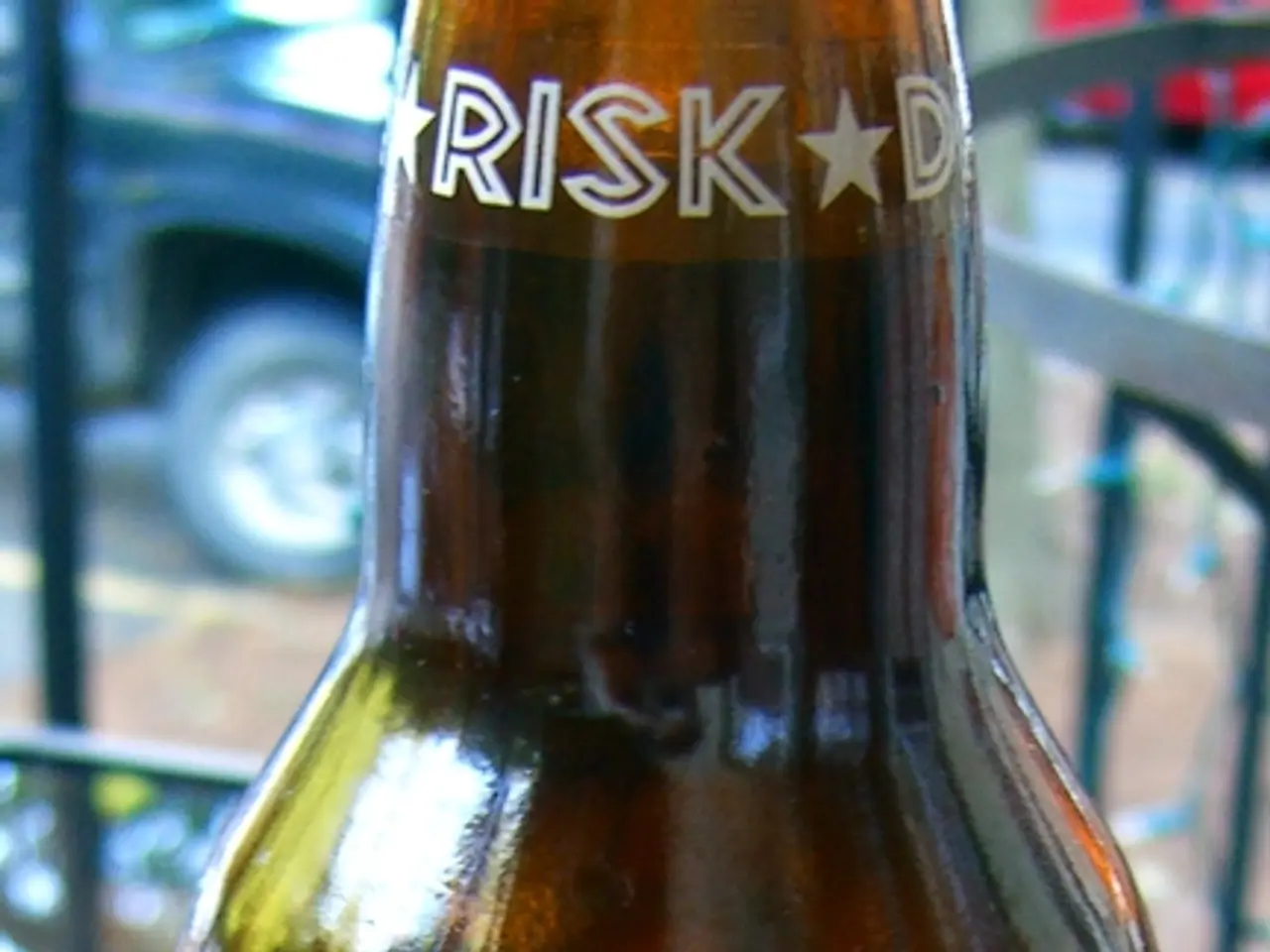Government faces challenging predicament due to Trump's pharmaceutical outburst
In a recent development, a US-EU trade deal has been finalized, which includes a 15% tariff on pharmaceutical imports from the European Union [1][4]. This tariff is part of a Section 232 national security investigation, examining the risks of dependency on foreign pharmaceutical imports.
The tariff, currently set at 15%, is subject to the completion of the Section 232 investigation [1]. However, there is a possibility of higher tariffs being imposed on pharmaceutical imports from non-EU countries, depending on the findings of the ongoing investigation [1]. As of now, no specific increase beyond the 15% for EU pharmaceuticals has been announced.
The broader US-EU agreement focuses on balanced trade, significant investments, and reduced tariff and non-tariff barriers in other sectors. However, pharmaceuticals remain subject to the 15% tariff for now [3].
The potential exclusion of the pharmaceutical sector from the trade deal could have significant implications for patients and their insurers in the US, as well as causing discomfort in Government buildings. For Ireland, which heavily relies on pharma exports to the US, higher tariffs could have significant negative impacts on Ireland Inc [5].
Taoiseach Micheál Martin has expressed concern about potential punitive tariffs on the pharma sector, and a senior EU official involved in the talks has stated that once tariffs on pharma are introduced, they will be at the level of 15% [4]. If pharma is not included in the trade deal, the Irish Government may face difficulties supporting it in any ultimate vote.
The Irish Government may be under pressure to keep silent about potential tariffs on pharma exports, but the Taoiseach has confirmed that a maximum 15% tariff would apply to exports of pharmaceuticals and semiconductors [2]. Major pharmaceutical companies like Eli Lilly have already responded to these trade pressures by raising drug prices in Europe, reflecting the impact of the evolving trade environment on pricing strategies [5].
The exact implementation timeline of these tariffs, as of August 2025, is still reportedly weeks away from public announcement, indicating ongoing negotiations and adjustments [2]. Since his return to power, Donald Trump has consistently threatened the pharma sector with punitive tariffs [3]. The US president initially included the pharma sector in a 15% tariff on most imports from the European Union, but the potential exclusion of pharma from the trade deal could cause difficulties for the Irish Government in supporting it in any ultimate vote.
Sources:
[1] CNBC (2025). US-EU trade deal: What you need to know. [online] Available at: https://www.cnbc.com/2025/08/15/us-eu-trade-deal-what-you-need-to-know.html
[2] Reuters (2025). US-EU trade deal: Ireland faces pressure to keep silent on potential tariffs on pharma exports. [online] Available at: https://www.reuters.com/article/us-eu-trade-ireland-pharma-idUSKCN25O22F
[3] The Guardian (2025). US-EU trade deal: what's in it for Ireland? [online] Available at: https://www.theguardian.com/business/2025/aug/15/us-eu-trade-deal-whats-in-it-for-ireland
[4] BBC News (2025). Trump's trade threats to pharma sector. [online] Available at: https://www.bbc.co.uk/news/business-58426873
[5] The Irish Times (2025). Pharma companies hike drug prices in Europe amid trade pressures. [online] Available at: https://www.irishtimes.com/business/pharma-companies-hike-drug-prices-in-europe-amid-trade-pressures-1.46772748
- The 15% tariff on pharmaceutical imports from the European Union is part of a broader US-EU agreement, which also touches upon general news topics in politics, including discussions about balanced trade, significant investments, and reduced tariff and non-tariff barriers in other sectors.
- As the potential exclusion of the pharmaceutical sector from the US-EU trade deal could have significant implications for Ireland's pharma exports, it has sparked political debates and concerns within the Irish Government, especially in light of ongoing Section 232 national security investigations that may lead to higher tariffs.






